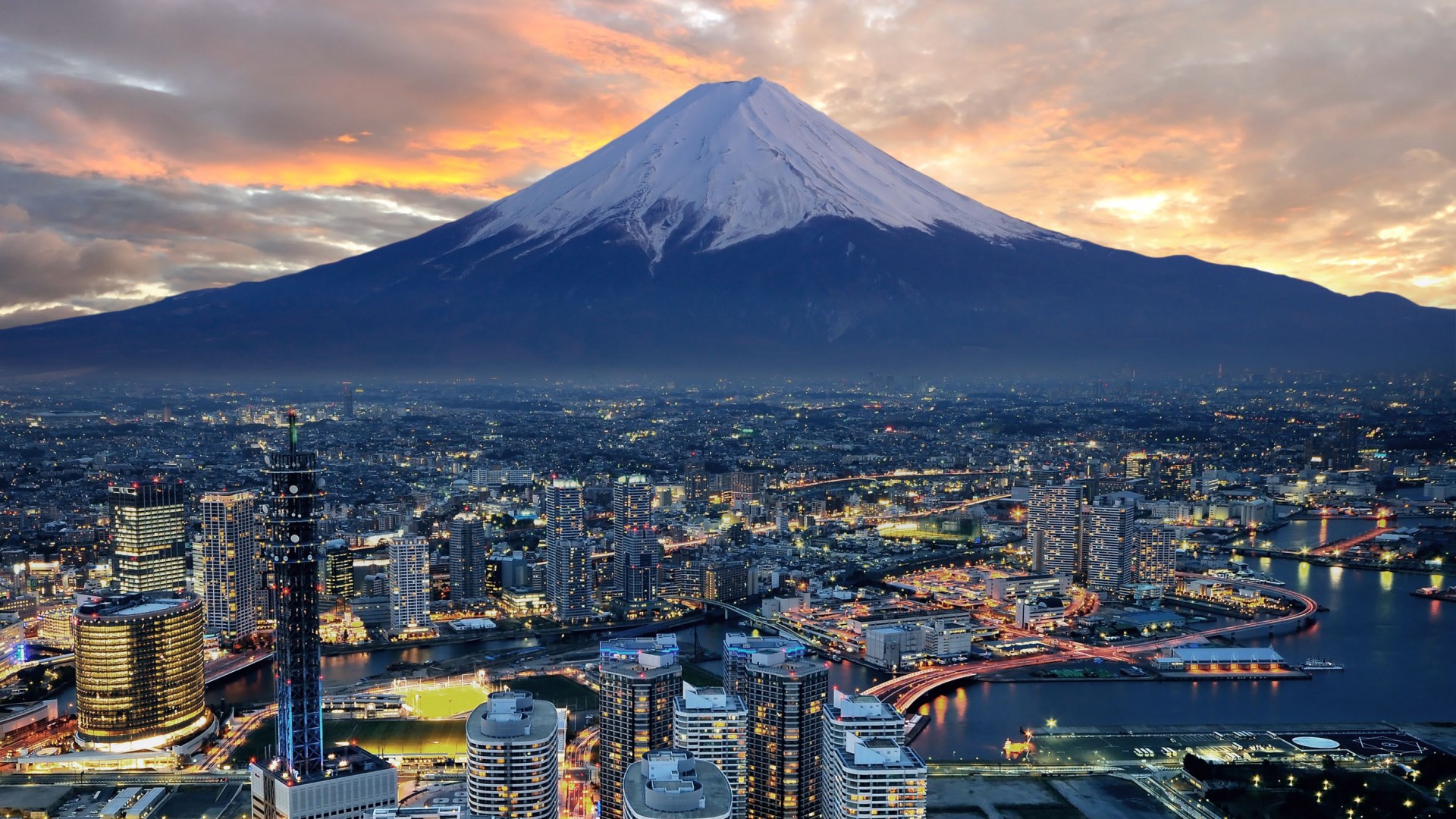Quality of health care in Japan
Japanese people are known to live long and have the longest life expectancy. Medical services are provided either through regional or national public hospitals or through private hospitals/clinics, and patients are free to access any facility. But hospitals tend to charge more to those patients who seek treatment without a referral. It is reported that Japanese people go to the hospital much more frequently than American people. There is a disturbing report that over 14,000 emergency patients were rejected at least three times by hospitals in Japan before getting treatment.
Everybody that I knew back in Japan had health insurance, there are approximately 10% of population in Japan who choose not to comply with enrolling in health insurance. There is no penalty for not enrolling. If I were to stay in Japan now, I am going to need to get National Health Insurance which is usually for self-employed people and students.
Japan has the lowest per capita health care spending among the developed countries. Insurance companies cannot compete because the medical fees are strictly regulated by the government. Doctors and hospitals receive negotiated rates from the insurance programs. The rates are negotiated every other year. But my experience is that I don’t feel comfortable going to Japanese doctor due to rigid procedures and the relatively low quality services. The government controls the medical costs and service charges so there isn’t enough competition among Japanese physicians to improve their technology, knowledge and skills. Dentistry is a nightmare in Japan..I will never go to a Japanese dentist again. I may consider going to a dentist who received training outside Japan in the western countries..particularly America. I know I am a little biased. 😉






